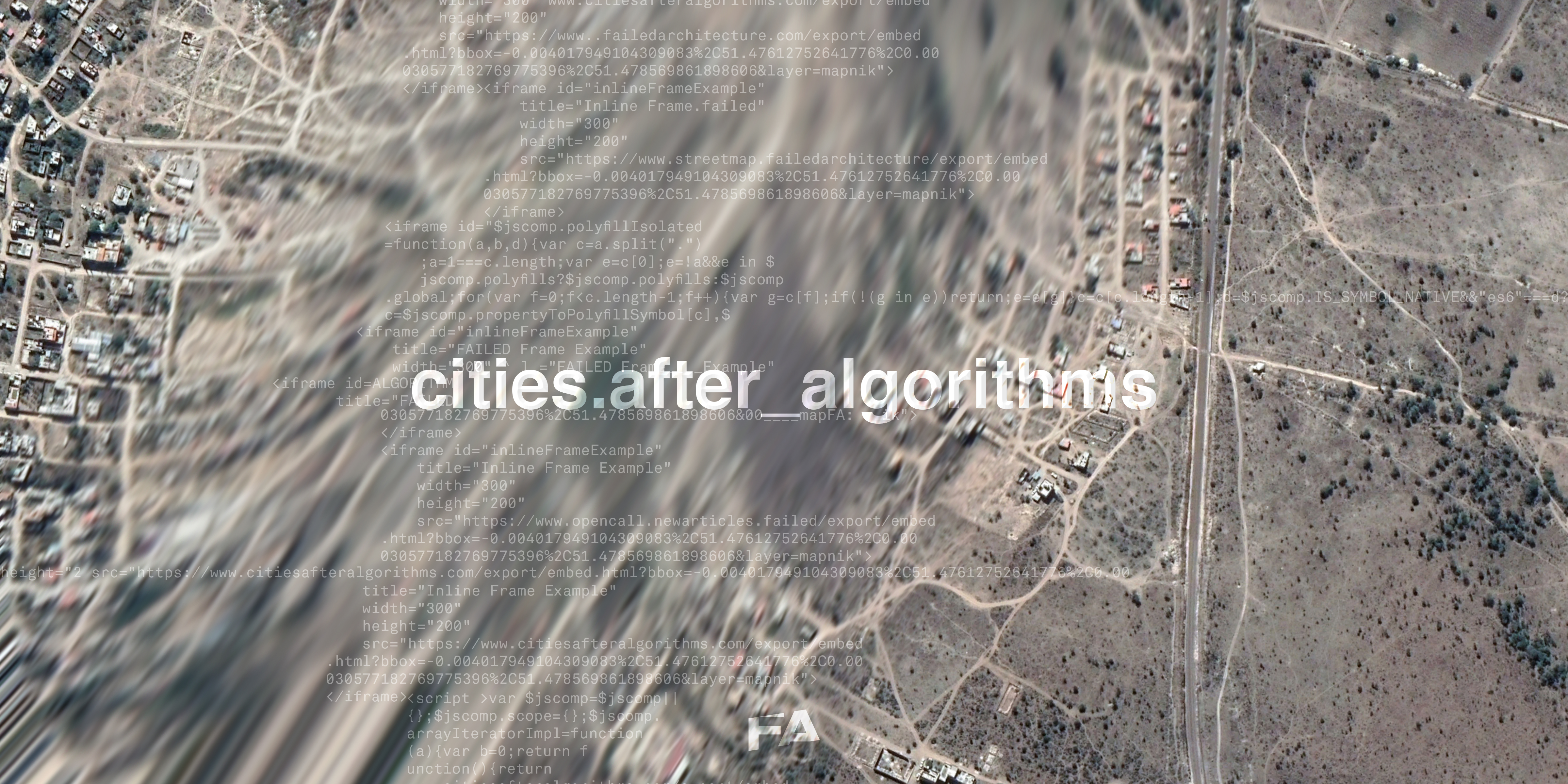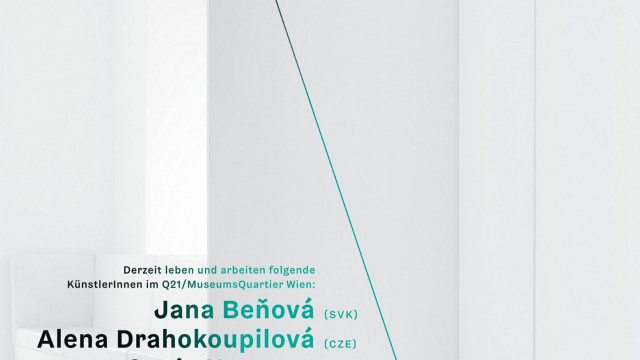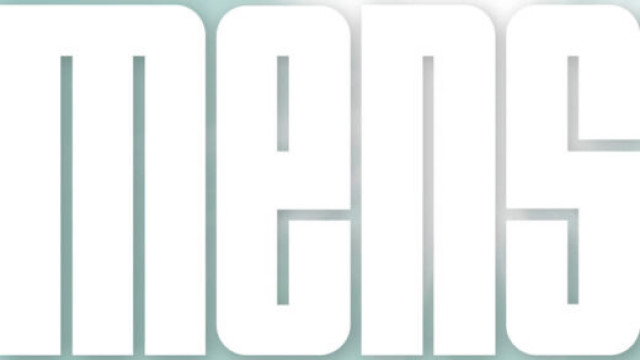Algorithms shape the city after their own image. But it is an image they have been trained to see. Computation not only influences present decisions — who we meet, what we like, where we go and generally how spaces are constructed — it also determines a future where the bandwidth of choices is limited by the design of the system itself. The tendency to mistake collected data for reality produces a self-fulfilling prophecy by leaving little room for intervention or experimentation. The more this technological determinism rules the use and design of cities, the more the city will be organised after mechanical parameters instead of socio-political ideals, with active citizens becoming merely passive users.
Through this new special series, we want to examine how algorithms generate and influence the spaces we live, work and move around in.
What kinds of urban and architectural algorithms exist? Who constructs them, with what interests and intentions, and what data fuels them? How are algorithms used by governments, property developers, estate agents, tenants, activists and others? Are they a homogenising feedback loop? If so, how do they relate to other homogenising processes such as gentrification, real estate speculation and pop culture? How do emerging technologies intensify existing oppressions of marginalised groups? And does the new reality of the coronavirus influence the spread of algorithmic urbanism?
While much has been written about technological determinism, we think the spatial implications of dubious as well as well-meaning algorithmic practices are worth taking a deeper dive into. In the series of articles, we are hoping to scrutinise different manifestations of algorithms in urban space, possibly including machine learning in architecture and urban design, PropTech, algorithmic mobility routing, platform urbanism and ways in which image recognition influences the way spaces are governed, shaped and styled.
This call for article proposals is a collaboration between Failed Architecture and the design research project Aesthetics of Exclusion and is supported by the Creatives Industries Fund Netherlands. We are able to offer a fee of €150 for each published article.
Deadline for pitches: September 13 (max 200 words, see requirements on our general Contribute page of Failed Architecture).


